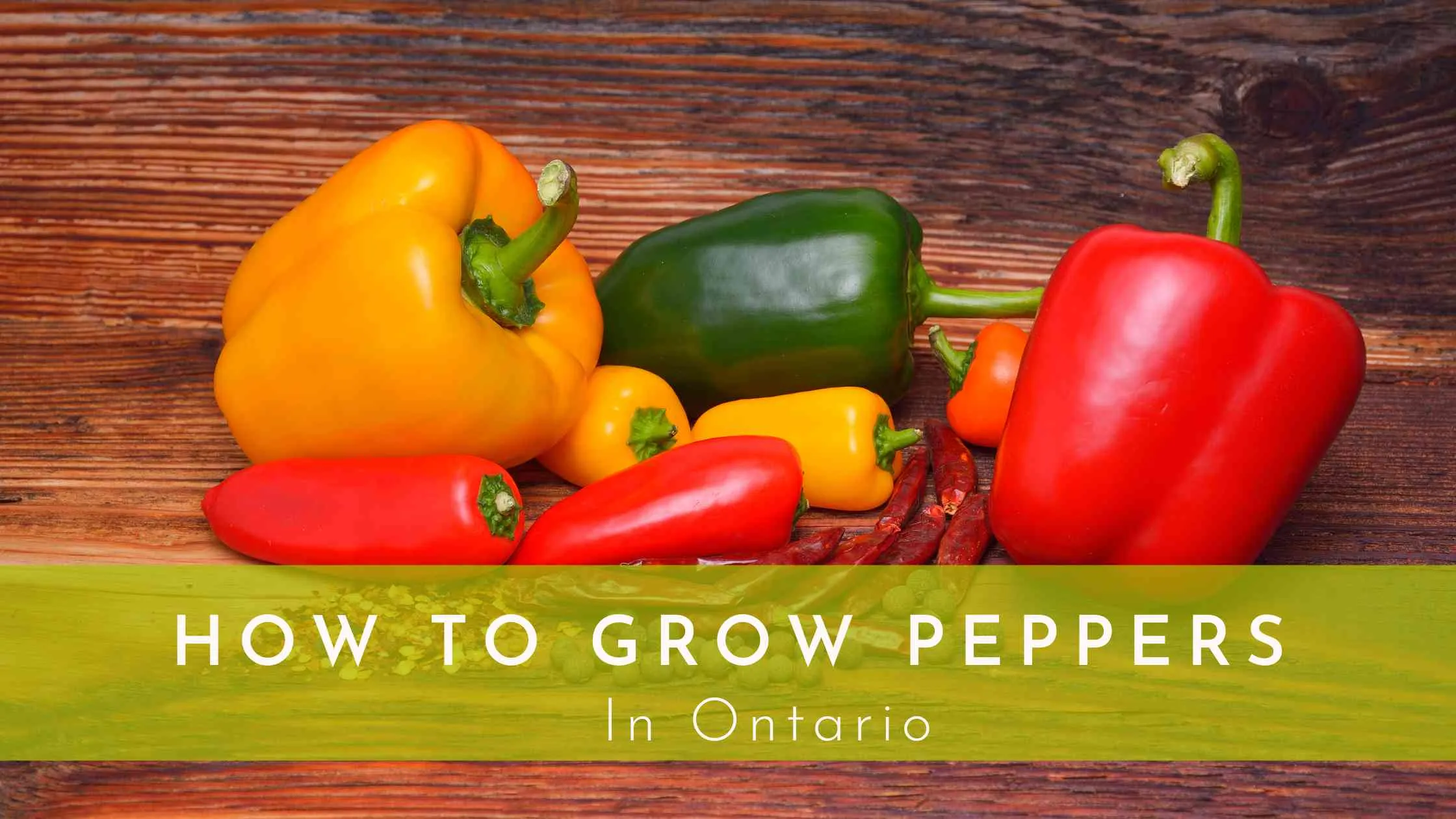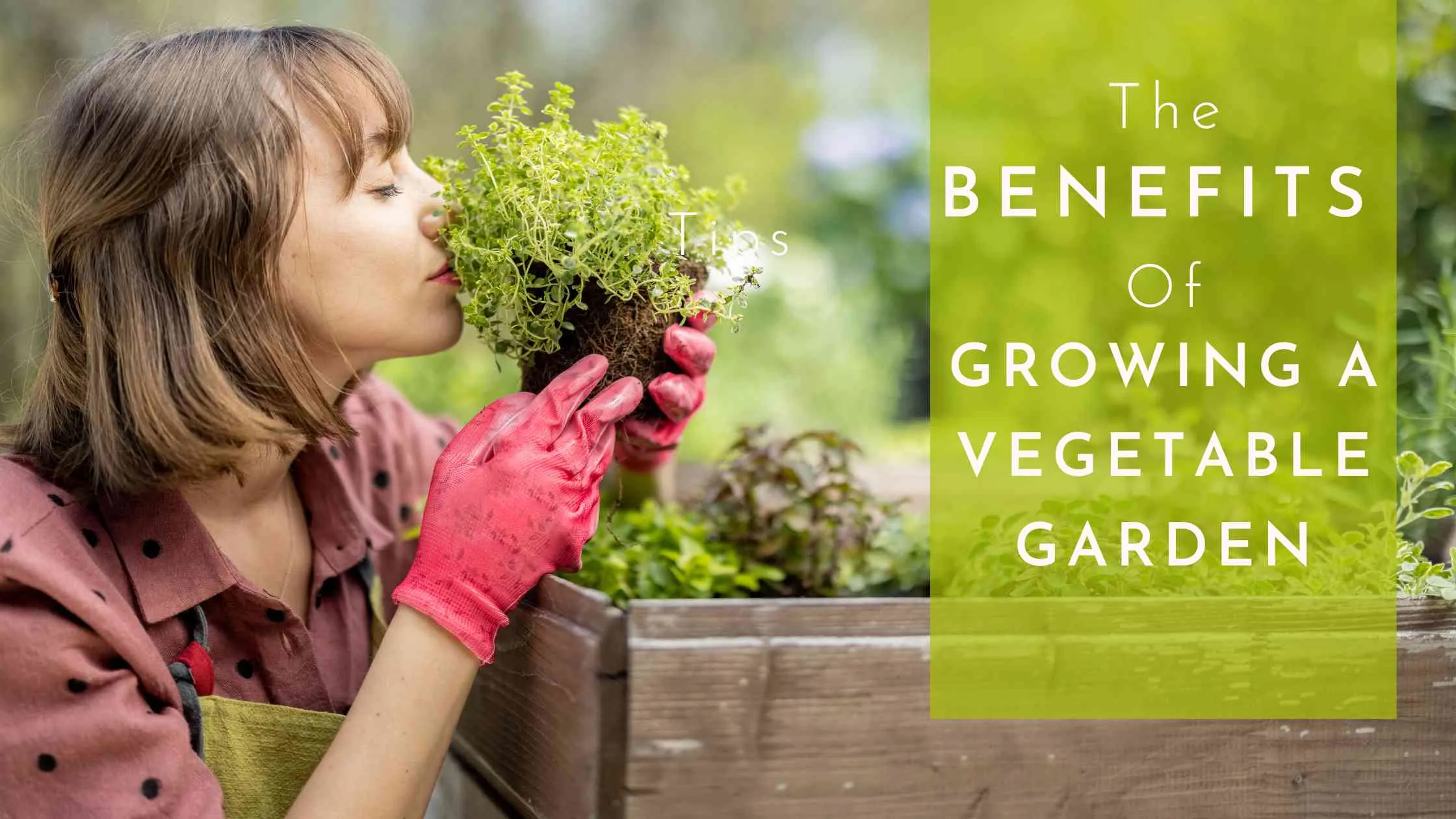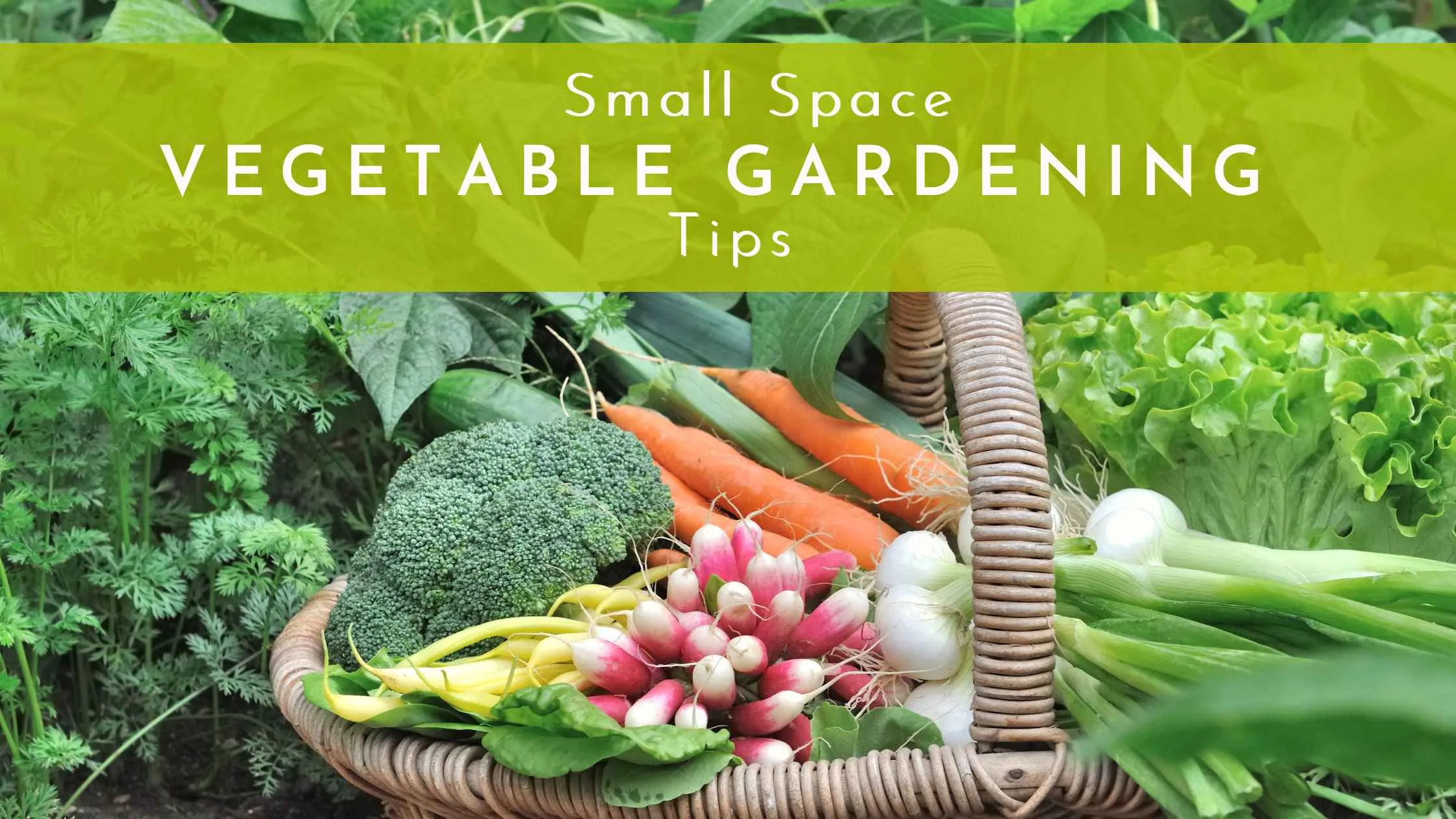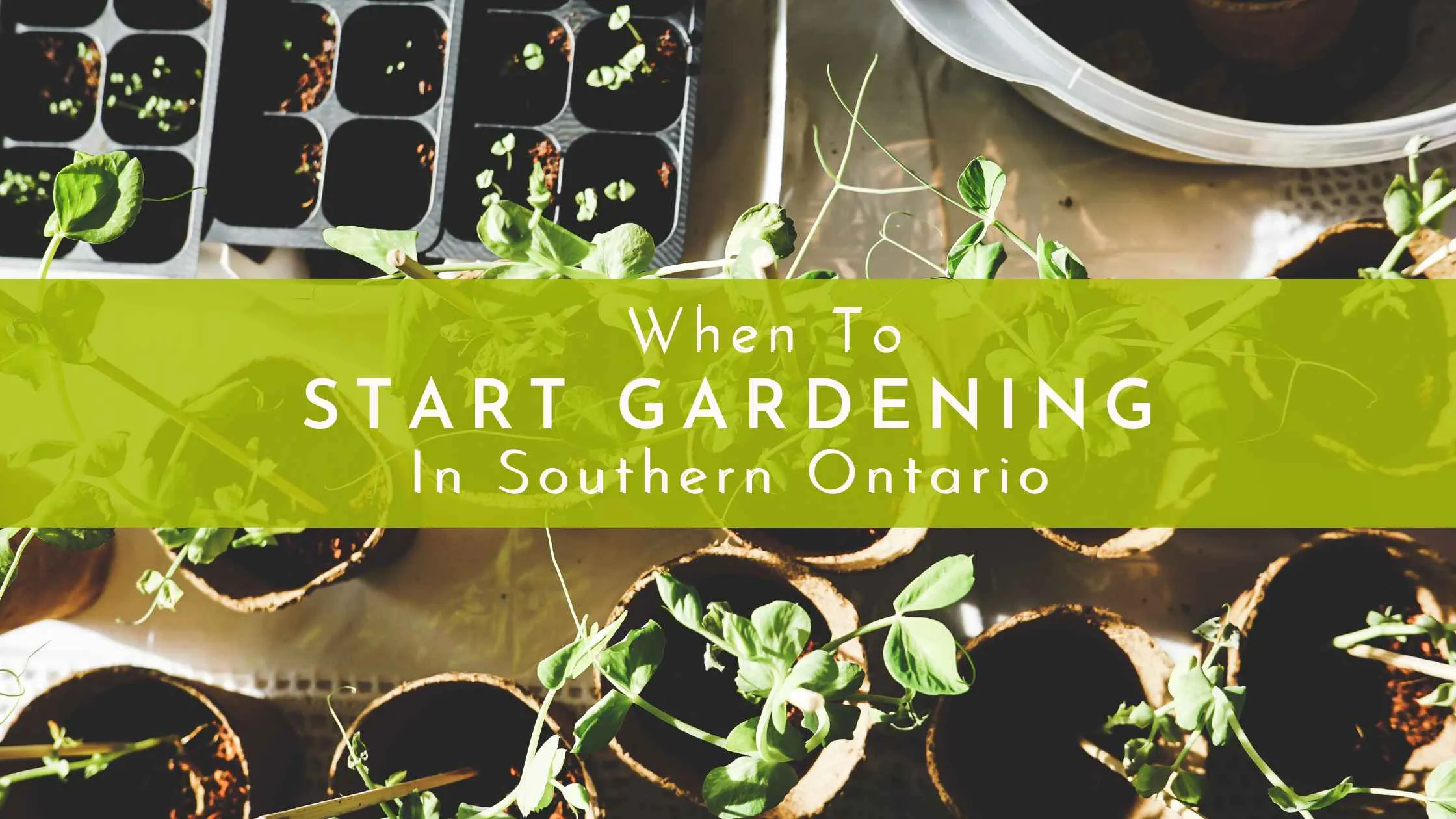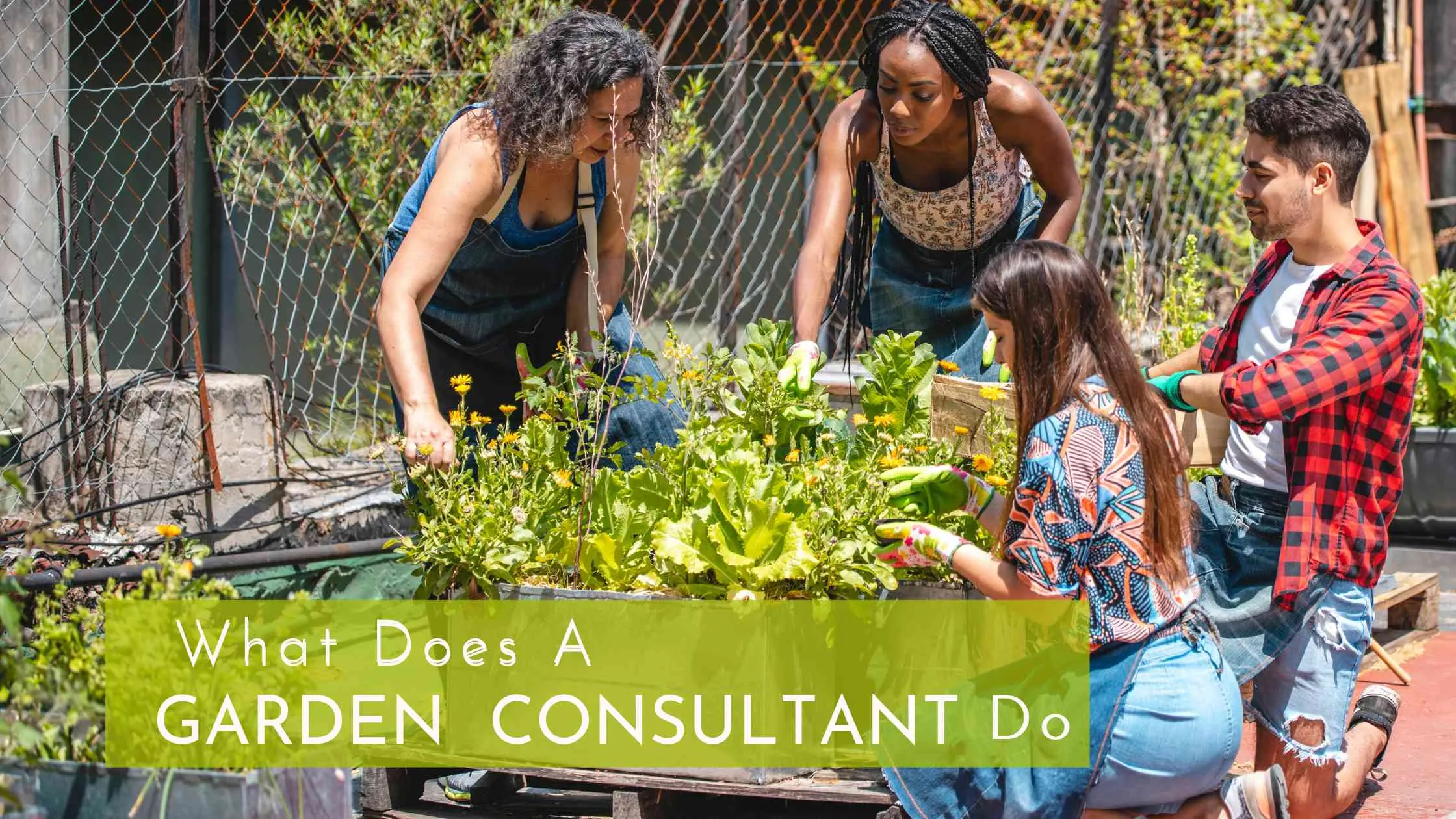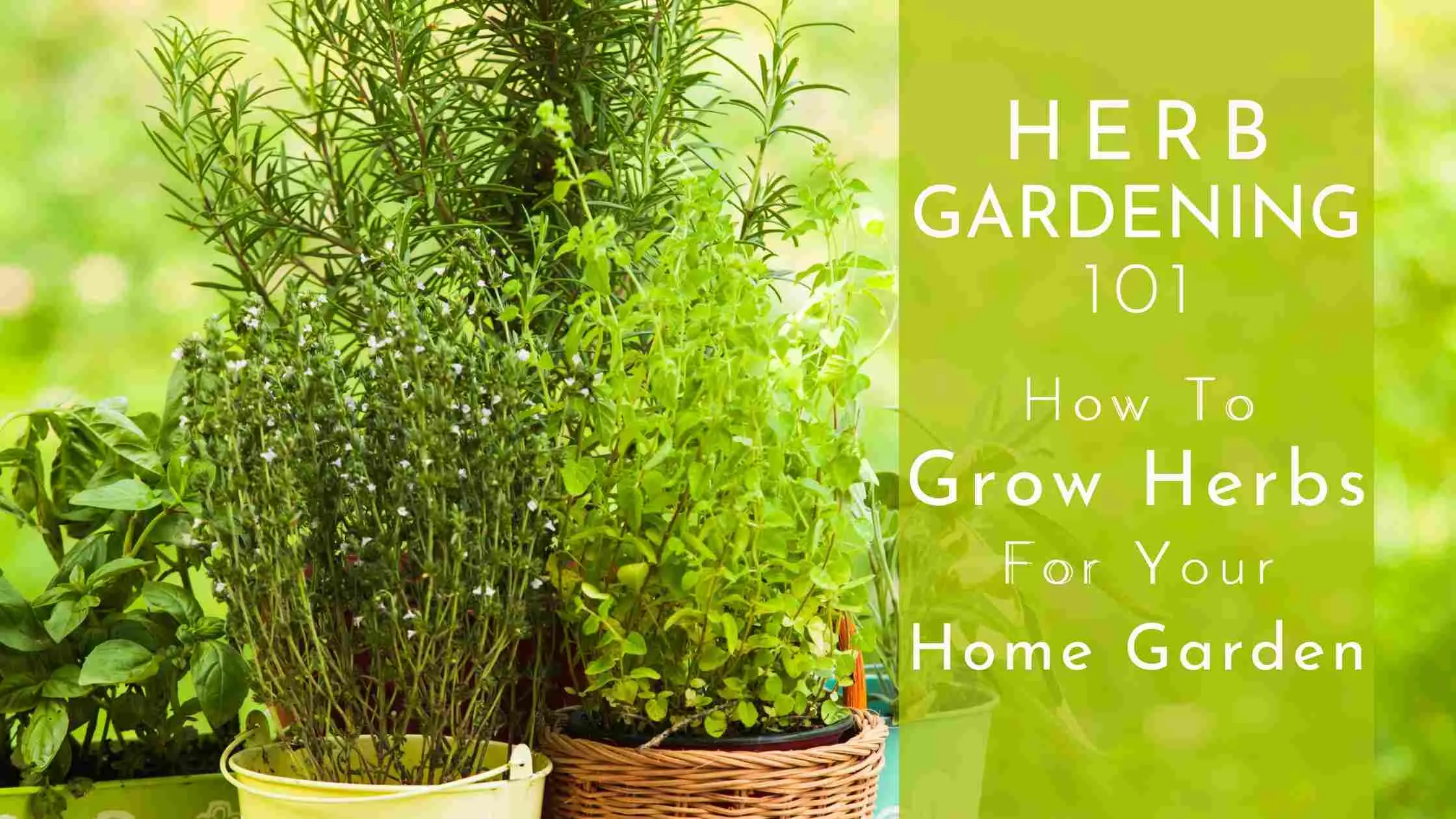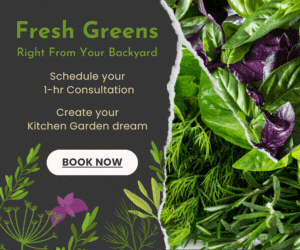Vegetable Gardening for Seniors: The Joys and Benefits
Gardening, especially vegetable gardening, is a unique pastime for seniors. It’s more than just a hobby—it's a source of physical activity, mental stimulation, and emotional fulfillment, making it ideal for seniors.
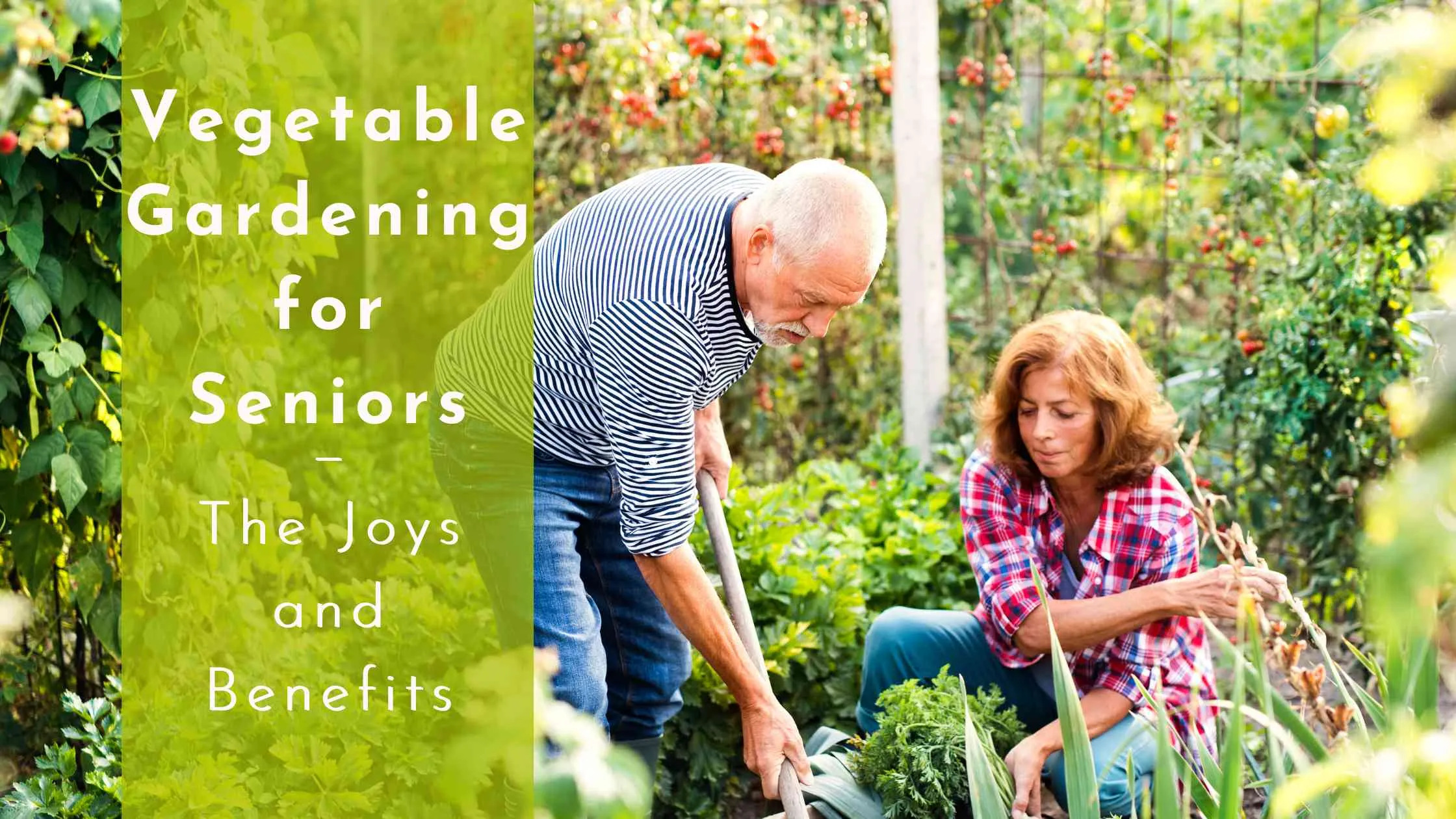
Let's explore the wonderful world of vegetable gardening and how it can enrich your golden years.
Vegetable Gardening Benefits for Seniors
1. A Bounty of Health Benefits
Vegetable gardening offers a range of health benefits for seniors. The physical activity involved, from digging to planting and watering, is an excellent form of low-impact exercise, helping to maintain mobility, flexibility, and strength. It's also an enjoyable way to get your daily dose of vitamin D by spending time in the sunshine, which is crucial for bone health and immune function.
Gardening activities can also positively impact mental health. Nurturing plants and watching them grow is not just rewarding, it's a source of pride and accomplishment. It also provides a sense of purpose, vital for emotional well-being. Additionally, the calming nature of gardening can reduce stress, anxiety, and depression, promoting a more peaceful state of mind.

2. Enhancing Cognitive Function
Gardening requires planning, problem-solving, and learning, which are excellent brain exercises. Deciding what to plant, when, and how to care for your garden keeps the mind active and engaged. This mental stimulation is essential for seniors, as it can help delay the onset of cognitive decline and improve memory and attention span.
3. Nutritional Advantages
Growing your own vegetables ensures you have a fresh, organic supply of nutritious food at your doorstep. Vegetables from your garden are likely more nutrient-dense than those you buy from the store. This is because they can be consumed shortly after harvesting when they're at their nutritional peak. This accessibility to fresh produce can inspire healthier eating habits, leading to a better diet rich in vitamins, minerals, and fiber.
4. Social Interaction and Community Building
Vegetable gardening is also a wonderfully social activity. Whether you share tips with fellow gardening enthusiasts, swap seeds, or give away some of your harvest to neighbors and friends, gardening can help you connect with others and build a sense of community. This social aspect can combat feelings of isolation and loneliness for seniors, contributing to a more fulfilling and happy life.
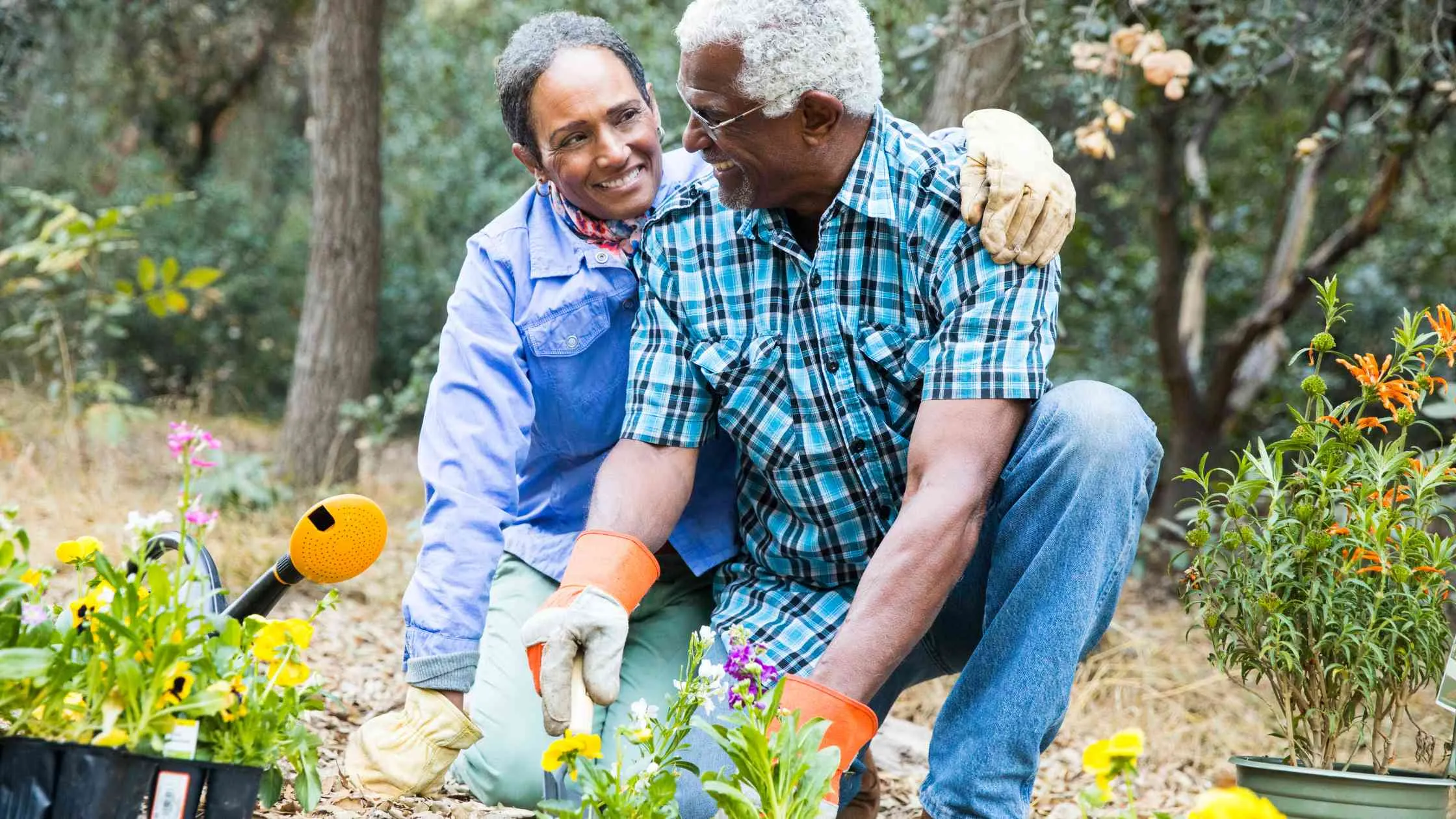
5. Economic Benefits
Growing your own vegetables can also be kind to your wallet. Producing your food can save you money on grocery bills. Gardening requires some initial investment in tools, supplies, and even a gardening coach to get you started, but the return on investment in the crops you grow can be significant over time.
6. Environmental Impact
By engaging in organic vegetable gardening, seniors can support the environment. Organic gardening practices avoid using synthetic fertilizers and pesticides, which can harm the ecosystem. Composting kitchen and garden waste reduces the garbage sent to landfills and enriches the soil, promoting healthier plant growth without chemical interventions.
7. Therapeutic Effects
The act of gardening itself is therapeutic. The repetitive tasks like weeding, planting, and watering can be meditative, helping to clear the mind and reduce stress. The connection with nature and the outdoors supports emotional health, offering a serene escape from the hustle and bustle of daily life.
8. Adaptability and Accessibility
Vegetable gardening is a versatile activity that can be adapted to fit any physical limitation or space constraint. Raised beds, container gardening, and vertical gardening are all fantastic options for seniors with mobility issues or limited space. These methods not only make gardening more accessible but can also reduce the strain on joints and muscles, making it a comfortable and enjoyable activity for everyone.
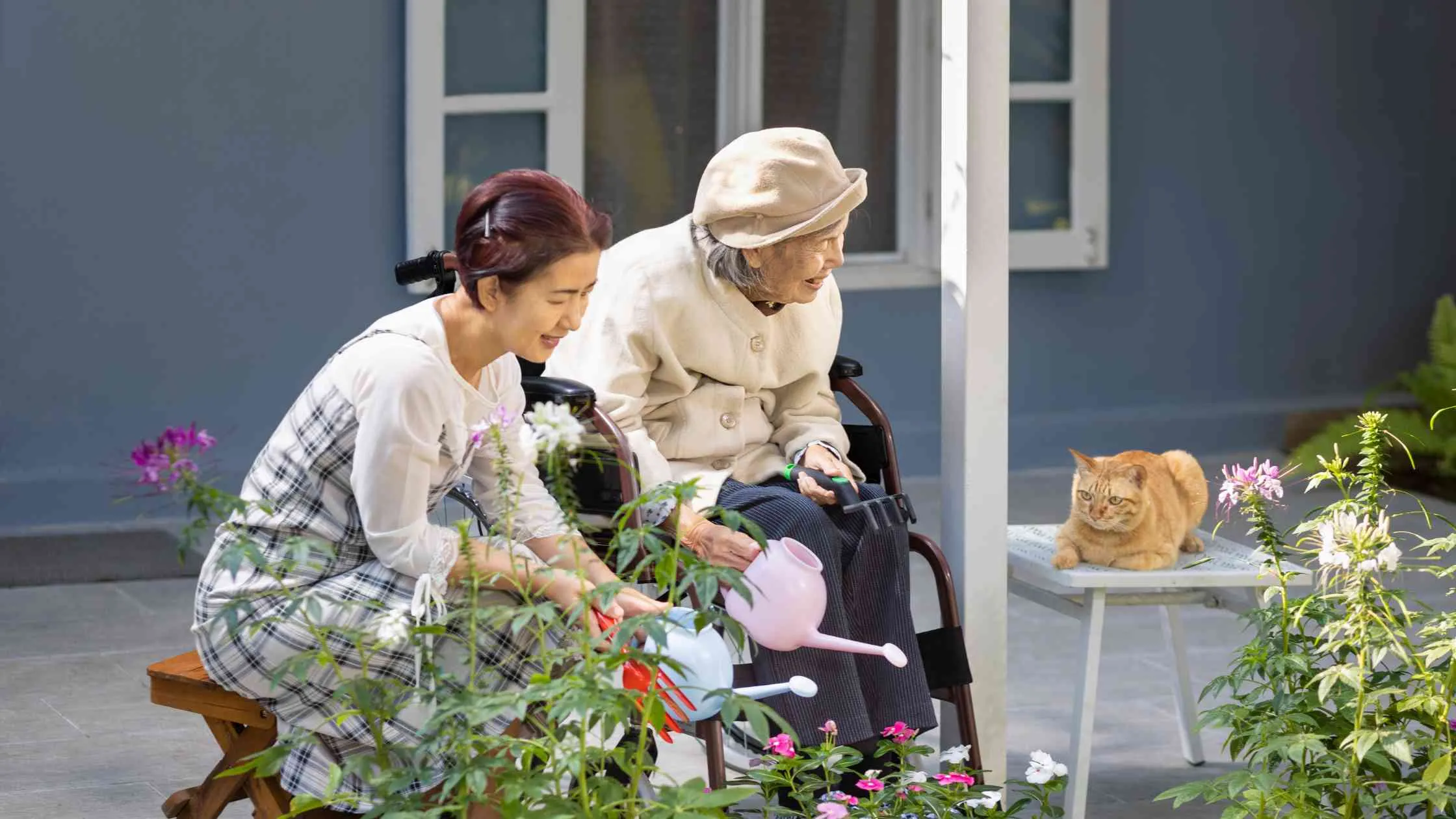
9. Promoting a Sustainable Lifestyle
Vegetable gardening encourages a more sustainable and self-sufficient lifestyle. Growing your food reduces the demand for commercially grown produce, often involving long transportation distances and non-sustainable farming practices. This shift towards self-reliance benefits the environment and instills a sense of pride and accomplishment.
10. A Legacy of Knowledge and Skills
For many seniors, gardening is a skill honed over the years, often passed down through generations. Sharing this knowledge with children, grandchildren, or community members can be incredibly rewarding. It's a way to leave a legacy, teaching others the value of hard work, patience, and the joys of growing their food.
Conclusion
Vegetable gardening offers many benefits for seniors, from health and nutrition to social engagement and environmental sustainability. It's an activity that can be adapted to suit individual needs, making it accessible and enjoyable for everyone. Whether you're a seasoned gardener or just starting to explore the possibilities, the world of vegetable gardening is ripe for the picking. Ready to start growing? Schedule a meeting with your garden coach, and join the growing community of senior garden enthusiasts. Your body, mind, and spirit will thank you for it.

